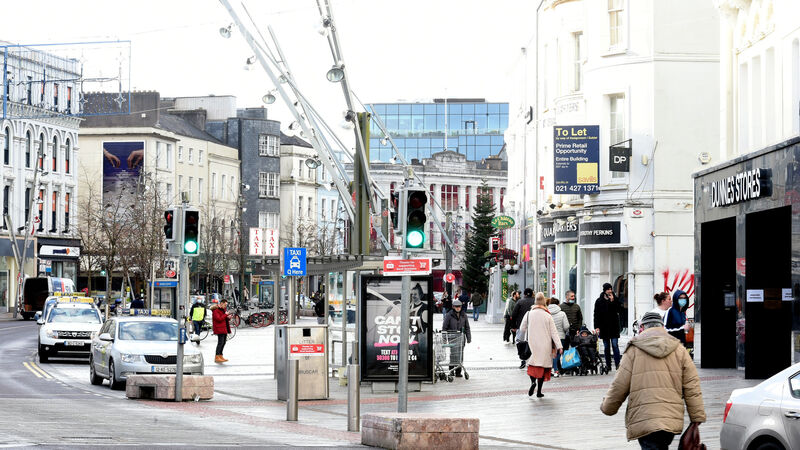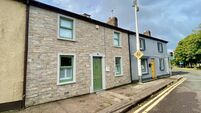Price hikes see consumer confidence drop to 18-month low

The drop in consumer confidence over the past three months is exceeded only by the collapse in sentiment as Covid 19 closed down the economy in early 2020.
Consumer confidence amongst Irish households fell sharply for the second month in a row as concerns about living costs intensified.
The slide in consumer sentiment in March due to surging inflation and the war in Ukraine suggest a much darker economic outlook for the year ahead with consumers becoming notably more pessimistic about their spending plans. It brings to an end the optimism expressed by consumers in the early weeks of the year as virtually all pandemic restrictions were lifted.














